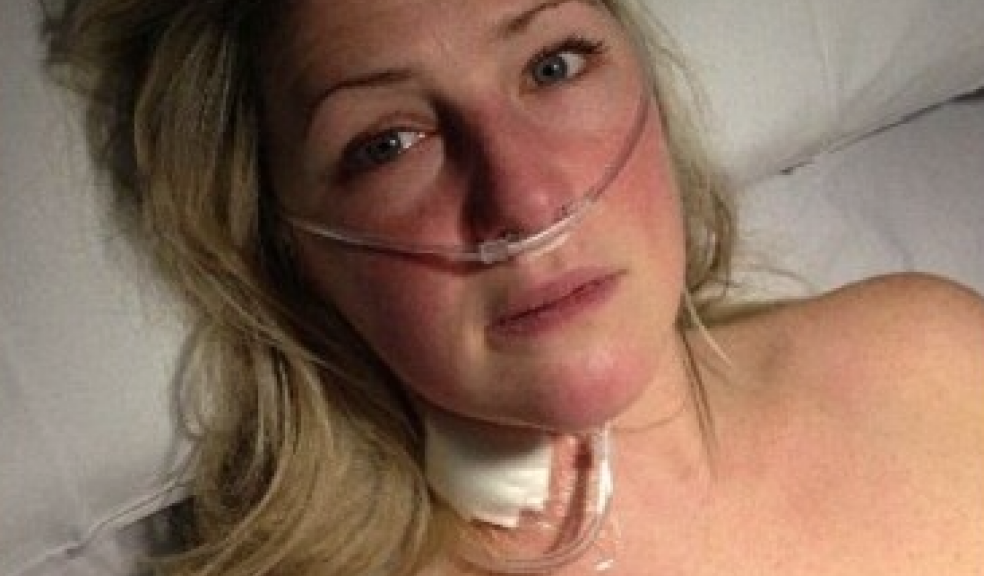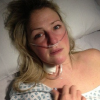
Exeter mum with two terminal conditions awaits scan results
An Exeter woman with two terminal illnesses has undergone a body scan on the advice of a mum whose daughter died of an inoperable brain tumour.
Jo Smith is now awaiting the results to see if there has been any change in her condition.
The 36-year-old was diagnosed with a rare heart and lung disease (pulmonary hypertension) almost a year after giving birth to her son Rudey, now aged three, and within months was told she had lymphatic cancer.
She is thought to be the only person in the world with both diseases.
Jo, a former Exeter College student, cannot undergo treatment for the cancer because of the risk to her heart and lungs which have been weakened due to the PH. Neither can she be put on a waiting list for a heart and lung transplant, because she has cancer.
A hospital in Thailand offered a ray of hope and in just two weeks £30,000 was pledged to help her fly out for treatment.
But the reality was a far cry from the dream.
Jo and her best friend, Sarah Lacey, who accompanied her to Thailand, have told how they were put up in a 'squalid' hotel room and even denied meals that were meant to help her rehabilitaion.
They have since returned home and Jo had the scan on the advice of Terri Bainbridge, another Exeter mum, whose daughter, Billie died shortly after her fifth birthday.
Almost three years ago Terri was diagnosed with stage 3 breast cancer at just 39.
Whilst undergoing chemotherapy her daughter Billie, then 4, was diagnosed with the inoperable brain tumour and the ‘Billie Butterfly fund’ was launched to fundraise for her treatment in America and research into the disease raising nearly £400,000. Sadly, Billie passed away shortly after her 5th birthday.
Since then Terri and her business partner Lisa Portman have launched Thermalogica, providing revolutionary Digital Infrared Thermal Imaging (DITI). A sophisticated camera is used to detect heat in order to measure the physiological activity, creating a map or thermal fingerprint of the infrared patterns of the body.
Still relatively new to the UK, DITI is widely established throughout America and some parts of Europe and is supported by 30 years of research and over 8000 published medical studies.
Thermal Imaging is used as an aid for diagnosis and prognosis for various health issues including strokes, heart disease and cancers. The thermal scans also provide an insight for people who have incurred injuries and wish to monitor their rehabilitation. This non-invasive procedure is painless and emits no radiation therefore it is even safe for use on children.
Images are taken by Terri and Lisa; both fully trained clinical thermographers, before being sent via a secured server to a professional group of physicians trained in the protocols of reading thermal images.
A full medical report is then produced by the dedicated team of doctors who are registered Thermologists. The images are archived in a secure data base and future scans are compared to the earlier images to monitor any changes over a period of time.




















